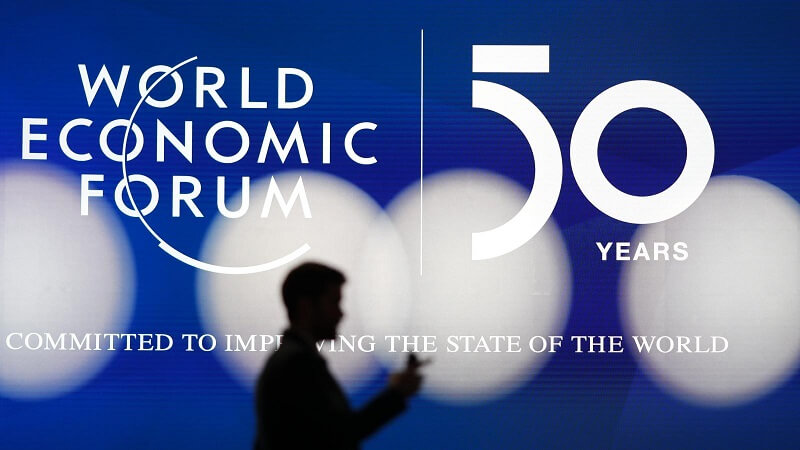“Artificial intelligence (AI) is probably the most important issue that humanity has worked on. I think of it as something deeper than electricity or fire. " At a conference on technological innovation, the statement would perhaps have gone unnoticed. However, it was delivered by the CEO of a leading Internet industry company during the annual meeting of the World Economic Forum (WEF), held a few days ago in Davos, Switzerland.
And in the cold scenario of the summit, which dedicated multiple spaces to this innovation, the affirmation ignited the spirits. Along with the arguments of those who promote the use of AI to meet the challenges of global society (including the governments of the United Kingdom and Canada), some of the prejudices against innovation - such as the alleged elimination of jobs - reemerged. or the danger of a “machine rebellion” occurring.
However, there is one fact that cannot be debated: at one of the most important world summits - with fundamental repercussions in the economic, political and social areas - AI was one of the main themes.
Regarding the business environment, during the Davos Forum 2018, the consulting firm Accenture presented the results of a global survey (between 1,200 senior managers and 14,000 workers from 11 nations) that confirms that, in terms of AI and collaboration between humans and machines, business leaders are already turning away from controversy and approaching the matter from a more optimistic perspective.
Among other research results, it is worth highlighting figures such as:
• If traditional companies invested in AI in the same range as front-line technology companies, their income would increase by 38% by 2022 and increase their level of employment by 10%.
• The sectors where AI spending will produce the largest increases in profits: Consumer Goods (estimated growth of 51%), Health (49%), Telecommunications (46%) and Retail (41%).
• 72% of executives stated that AI will be essential for the differentiation of their company's market.
• More than 60% of managers indicated that, in the next three years, the roles that require collaboration with AI will increase substantially.
• 69% of the consulted workers assured that it will be very important to develop skills that allow working with intelligent machines.
• More than half of the collaborators (62%) believe that AI will have a positive impact on their work.
In Mexico, Cognitiva, thanks to its expertise in implementing Watson-based AI solutions, will play an essential role in the materialization of these indicators; in fact, it is a work that has already been carried out in the country for 2 years, collaborating with different industries -and companies of all sizes- in initiatives that are strengthening the quality of life (health, commerce, education, customer service, entertainment) of Mexican society.
The transcendence of AI, in the face of primordial events in the progress of humanity (such as the discovery of fire or the mastery of electrical power), is a matter on which it will still be possible to argue. However, as evidenced by the leading role that this innovation had in the Davos Forum, what is already inadmissible is to ignore that AI will transform our lives and the business world in a radical way.


